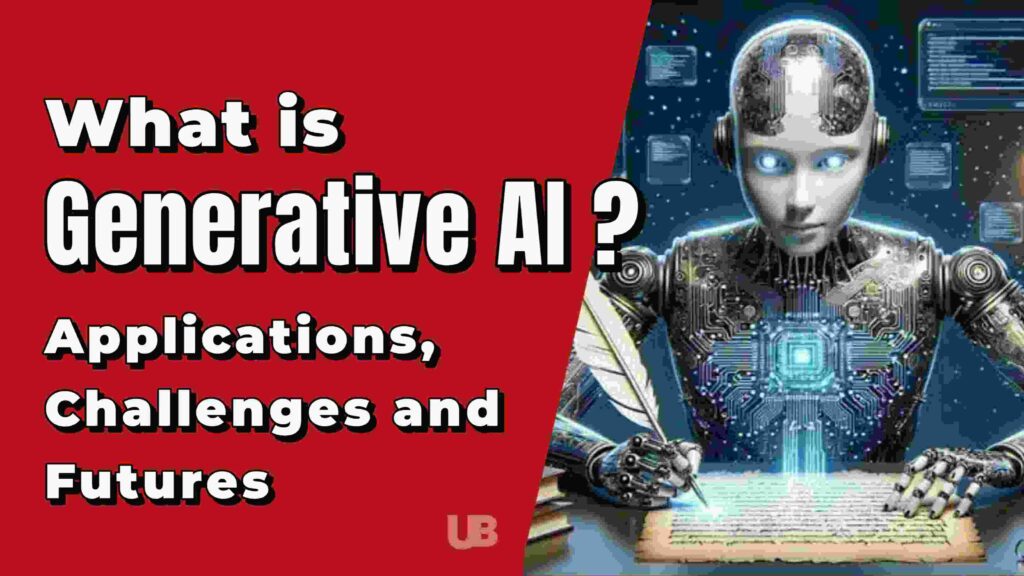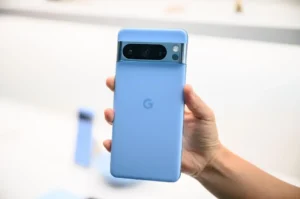
What is Generative AI?
Generative Intelligence, or generative AI, is a branch of AI that focuses on creating something new. Unlike traditional AI systems that are designed for specific tasks, generative AI has the ability to generate content, images, music, and more on its own. This technology is based on machine learning algorithms that can learn patterns from large datasets and use that information to create new and original content.
Table Of Contents
Key Characteristics of Generative AI
- Ability to create new content autonomously
- Utilizes machine learning algorithms to learn patterns
- Generates diverse outputs based on input data
- Enables creativity and innovation in various fields
Applications of Generative AI
Generative AI has a wide range of applications across different industries and sectors. From creating art and music to assisting in drug discovery and genetic research, the possibilities with generative AI are endless.
Art and Creativity
Generative AI has revolutionized the art world by enabling artists to explore new techniques and styles. Platforms like AI-generated Art have showcased the potential of generative AI in creating unique and thought-provoking pieces of art.
Healthcare and Medicine
In the healthcare sector, generative AI is being used to discover new drugs, identify genetic mutations, and personalize treatment plans for patients. The ability of generative AI to analyze large datasets has been instrumental in accelerating the pace of medical research and advancements.
Content Creation
Generative AI is also used in content creation, such as generating text for articles, scripts for videos, and even composing music. This technology has streamlined the creative process for content creators and has opened up new possibilities for multimedia production.
Challenges of Generative AI
Despite its many benefits, generative AI also presents several challenges that need to be addressed. These challenges include ethical concerns, biases in the data, and the potential misuse of AI-generated content.
Ethical Concerns
One of the main challenges with generative AI is the ethical implications of creating content that is indistinguishable from human-generated content. This can lead to issues such as misinformation, fake news, and copyright infringement.
Data Bias
Generative AI relies on large datasets to learn patterns and create content. However, these datasets can be biased, resulting in AI-generated content that reflects the biases present in the data. It is essential to address these biases to ensure fair and accurate output.
Futures of Generative AI
Despite the challenges, the future of generative AI looks promising. As technology advances and researchers continue to explore new possibilities, generative AI is expected to play a significant role in shaping the future of innovation and creativity.
Innovation and Creativity
Generative AI has the potential to unlock new levels of innovation and creativity across various industries. By enabling machines to generate new ideas and content, generative AI can help humans push the boundaries of what is possible.
Enhanced Personalization
Generative AI can also enhance personalization by creating tailored content and experiences for individuals. From personalized advertisements to customized products, generative AI can help businesses deliver more relevant and engaging content to their customers.
In conclusion, generative AI holds immense potential in revolutionizing the way we create, innovate, and interact with technology. By understanding its applications, addressing its challenges, and embracing its future possibilities, we can harness the power of generative AI to drive progress and unlock new possibilities in the digital age.






